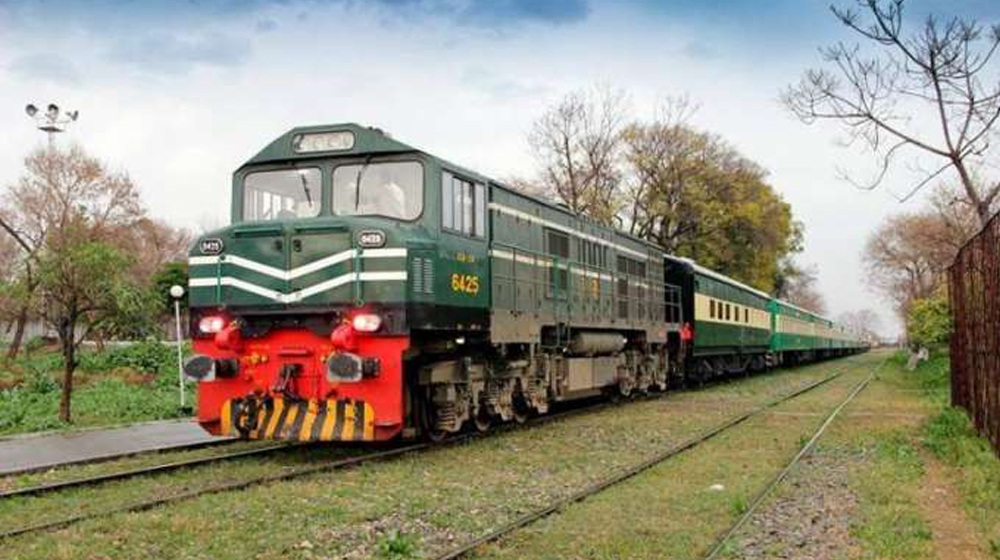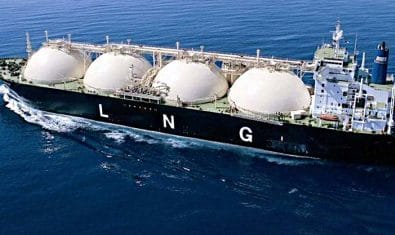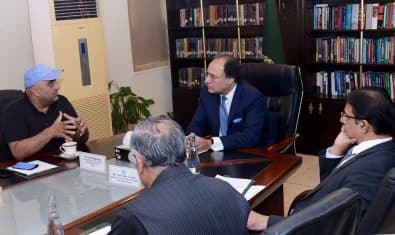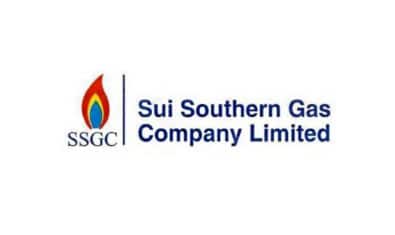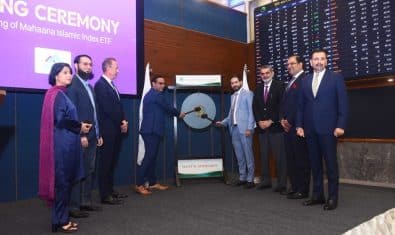The government has decided to outsource the commercial management of the newly introduced trains to improve their financial viability.
Sources revealed that the Pakistan Tehreek-e-Insaf (PTI)-led government has introduced twenty new trains so far. All these trains are operating at around 70 percent capacity which increases up to 100 percent on weekends.
Only one train, Mianwali Express (175-UP/176-DN), is operating at less than 70 percent of its capacity, said the official, adding that railway administration keeps an eye on all new trains and expects to reach a final decision on the viability of all new trains in 90 days.
Out of the newly introduced trains, the bids for outsourcing commercial management of Rawalpindi Express (109-UP/110-DN), Moenjo Daro passenger (213-UP/214-DN) and Rohi passenger (215-UP/216-DN) were called through a tender (with a deadline of December 28, 2018) to improve their financial viability.
However, according to sources due to a less than encouraging response, the date for submission of bids was extended till February 14, 2019. Pak Railways plans to outsource the remaining trains in due course of time.
All the new trains have been started with old rolling stock and same operating staff. The passenger segment of railways is loss incurring around the world and the government is cognizant for introducing freight trains to balance earnings in the future.
According to the official, the comparison of earning and fuel expenditure depict that against the fuel cost of Rs 128.422 million, these trains have earned Rs 150.435 million during the introductory phase up to December 31, 2018. These trains have earned Rs 22.013 million above the fuel cost.
Financial analysis of each train is being conducted regularly to determine a periodical financial assessment of each train. These trains have been introduced initially for a period of three months on a trial basis.
Sources said that the cost-benefit analysis was conducted prior to starting these trains and a comparison of potential earning at 100 percent usage with operational cost.
- The Mianwali Express will cover its operational cost once it attains patronage of 80 percent,
- Rawalpindi Express will cover its operational cost once it attains patronage of 60 percent,
- Faisalabad Express will cover its operational cost once it attains patronage of 67 percent,
- Rohri Express will cover operational cost once it attains patronage of 112%, percent,
- Dabehji Express (KD- 1/ KD- 2) will cover its operational cost it attains patronage of 132 percent
- Dabehji Express ( KD- 3/ KD-4) will cover its operational cost once it attains patronage of 75 percent.
The operational cost of Rawalpindi Express (109Up/ 110Dn) is currently Rs 152 million per annum. If the train gets the patronage of 62 percent, it can meet with its operational cost. Whereas the operational cost of Mianwali Express (175Up/ 176Dn) is Rs 138 million per annum and if the train gets the patronage of 82.02 percent, it can meet its operational cost.
Rawalpindi Express, (109Up/ 110Dn) will generate revenue of Rs 245 million per annum and will get profit of Rs. 93 million per annum against its operational cost with 100 % filling. Mianwali Express, (175Up/ 176Dn) if gets 100 percent filing will generate revenue of Rs 168 million per annum and will get a profit of Rs 30 million per annum against its operational cost.
